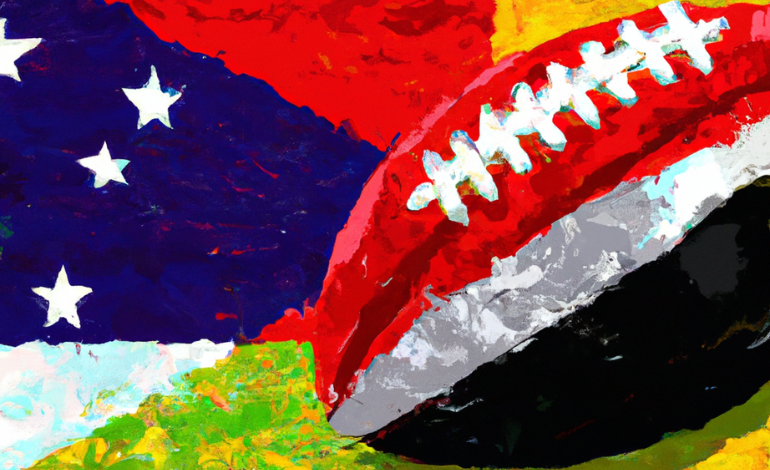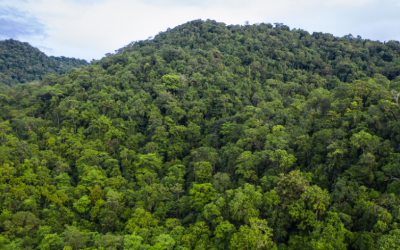Australia and Papua New Guinea have embarked on an ambitious initiative to establish a Papua New Guinea-based rugby league team in the National Rugby League (NRL) by 2028. Backed by a $600 million investment from the Australian government, this partnership is seen as more than a sports project—it is a strategic diplomatic effort to strengthen bilateral ties and counter regional influence from other powers.
The move leverages the immense popularity of rugby league in Papua New Guinea, where it is regarded as the national sport. The team’s introduction into the NRL represents a historic milestone, making Papua New Guinea the first Pacific nation to have a team in the prestigious league. Prime Ministers Anthony Albanese of Australia and James Marape of Papua New Guinea unveiled this vision earlier this year as part of broader cooperation between the two countries.
The initiative is part of a growing trend where sports and cultural engagement are intertwined with broader strategic goals. With concerns over China’s expanding influence in the Indo-Pacific, Australia is focusing on strengthening relationships with its Pacific neighbours through collaborative projects. Rugby league, with its widespread appeal, offers a unique platform to deepen ties and foster goodwill.
“This is a monumental opportunity for Papua New Guinea, not just in sports but in showcasing our country on the global stage,” said Prime Minister Marape. He added that the initiative would provide economic opportunities, boost tourism, and inspire young athletes across the country.
Australia’s investment aims to ensure the new NRL team’s success while fostering the development of rugby league at the grassroots level in PNG. Alongside this, the initiative seeks to strengthen economic partnerships and create long-term benefits for both nations. Infrastructure development, training facilities, and pathways for local talent to enter professional sports will be central to this programme.
By blending cultural affinity with strategic priorities, Australia seeks to reinforce its influence in a region where geopolitical competition is intensifying.
The team’s launch in 2028 will mark a turning point, not just in Pacific sports but in how regional partnerships are forged. Rugby diplomacy may soon become a blueprint for similar collaborations, blending soft power with tangible benefits for communities across the region.
Developing modern sports facilities and infrastructure will create jobs during construction and operation, boosting local economic growth. Enhanced infrastructure may also attract investments in sectors like hospitality and tourism, creating further employment opportunities.
A professional NRL team is expected to draw international visitors, stimulating the hospitality industry and increasing revenue for local businesses. Additionally, the initiative holds substantial social value, engaging youth in sports, which can improve health, education, and community cohesion. This social development contributes to long-term economic stability by fostering a healthier and more skilled workforce. The initiative exemplifies how sports can serve as a catalyst for holistic national development.
See related story: NRL entry sparks call for visa reform



